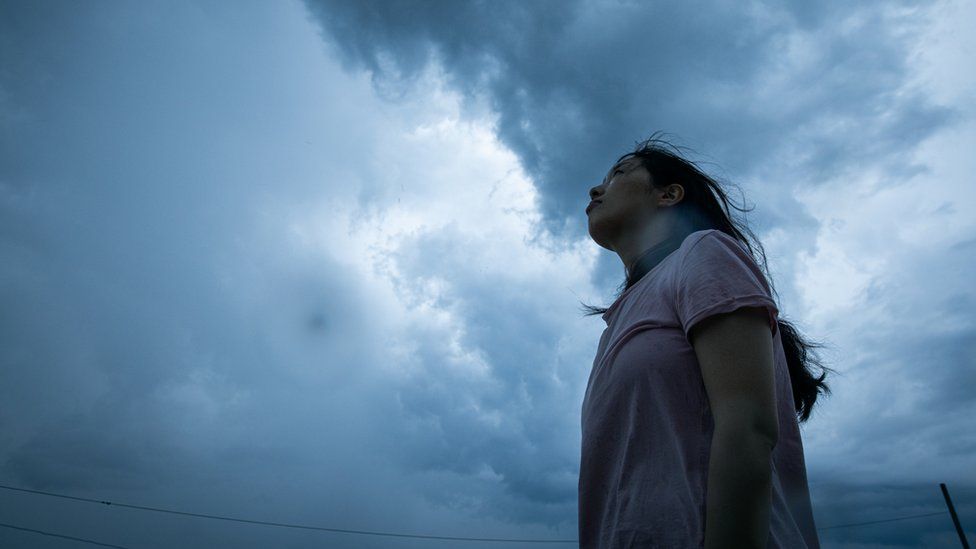-

-
-
Loading

Loading

According to data from Google, there has been a rise in online search queries related to "climate anxiety". Studies also show that women are more affected by climate anxiety than men. While the visible signs of climate change, such as wildfires and floods, are widely reported, the impact of climate change on mental health is often overlooked. Climate anxiety, defined as distress about the impacts of climate change, has been reported globally, particularly among children and young people. Google Trends data shows a significant increase in search queries related to climate anxiety, with searches in English being 27 times higher in the first 10 months of 2023 compared to the same period in 2017. These search queries have also surged in other languages. However, this does not indicate that countries with a higher volume of search queries are more prone to experiencing climate anxiety. Climate anxiety is different from eco-anxiety, which is a general anxiety associated with environmental threats. Nordic countries, such as Finland, Sweden, Denmark, and Norway, have had the highest share of global search queries related to climate anxiety in the past five years. This data is adjusted to account for differences in overall search volume, allowing for comparison between countries of varying population sizes. Countries in the Global South represented smaller shares of search queries, while countries with low search volumes were excluded from the analysis. In the past 12 months, there has been a global increase in search queries about the future of the planet and the environment. People are seeking understanding and wanting to take action to address climate change. The study also suggests that women are more predisposed to climate anxiety than men, with women reporting greater levels of concern and negative emotions about climate change. Possible explanations for this include women being more open to discussing emotions and being at greater risk of experiencing the real-life impacts of climate change. Gender-based inequalities may also affect women's access to information and their ability to prioritize their own safety. Climate change can have indirect and longer-term impacts on the wellbeing of women and girls, including early marriage due to economic pressures associated with changing climate conditions. The Intergovernmental Panel on Climate Change (IPCC) acknowledged the mental health impacts of climate change for the first time in 2022. The upcoming COP28 in Dubai will also include discussions on mental health.